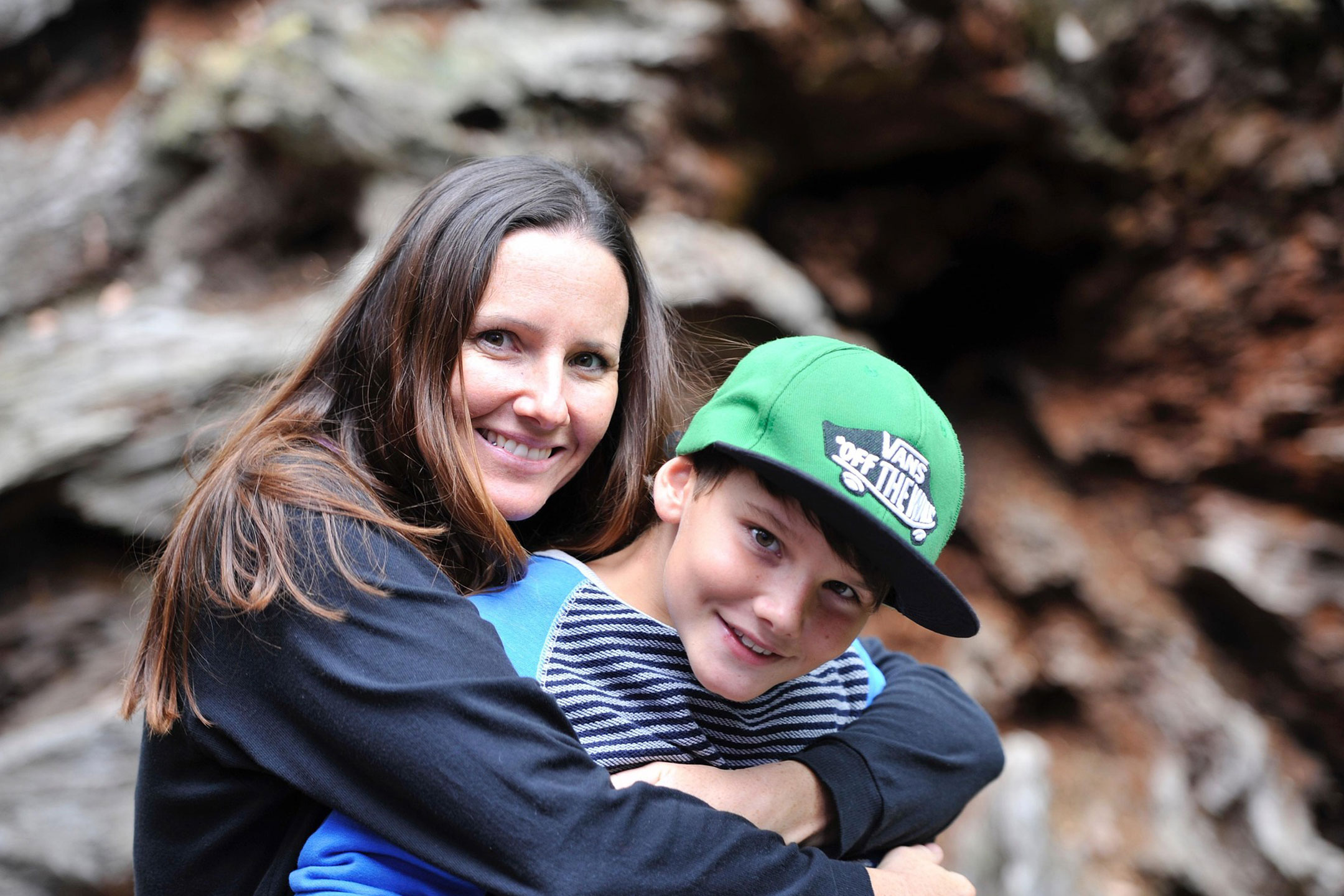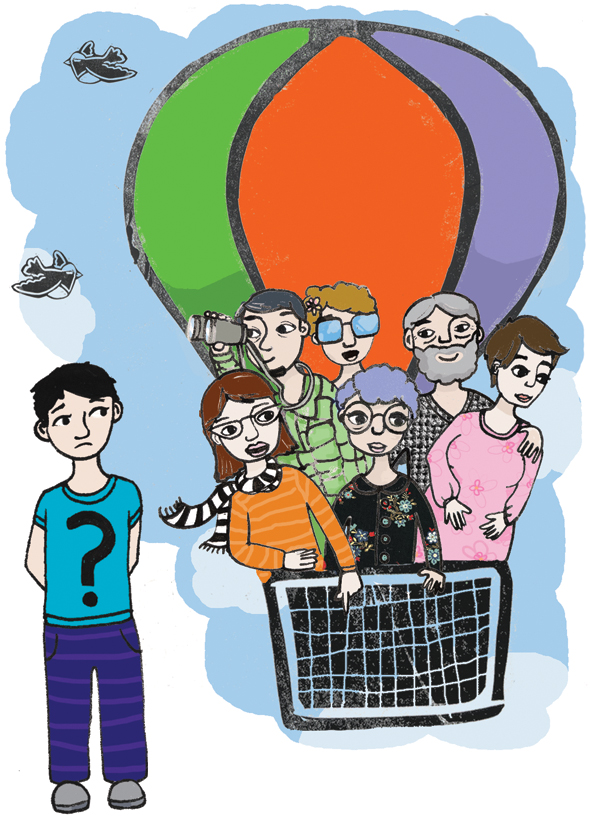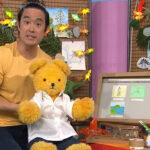
17 Apr The Getting Of Wisdom
Cathy Watson swore that she would never deflect her children’s questions, but lately they have become increasingly complicated.
I think I am a victim of deflective parenting. As a child, I found it hard to understand why, at times, my mother sometimes looked tired and absent and answered one of my questions with “because it just is”. I decided early on that I would never resort to such easy responses. I would respect my children’s young minds. They would receive a thoughtful answer for every question. How would they be able to learn unless I took their queries seriously and patiently took the time to satisfy their yearning for information? ‘Because I told you so’ or ‘ask your father’ would never issue from my lips.
But all good plans can go awry and, like many of the ideals for parenting I’d stored up over the pre-children years, this one faces considerable peril. My children are turning out to be of the variety who ask impossible questions. When they were very young, I was able to manage them valiantly. I soothed their little minds with my wisdom, and their thirst for learning was quenched by my careful and wise responses. Then the questions started to contain a bit more oomph. “Mum, if a lady was in a car crash, would she lose her head?” The answer to this one was simple. She might lose her head. Or she might not. It depended on how bad the crash was, where she was sitting and whether she was wearing her seatbelt, whether the car rolled and what else was in the car. But the next question stopped me in my tracks: “What about her bag?”
While walking to school one day, my son asked me if the road sign ahead said ‘traffic island’. This I could answer confidently in the affirmative. His next question caused me to press the pause button. “Why is the ‘s’ in ‘island’ silent?” My theoretical ponderings about the inconsistencies of the English language did not impress him. Nor did my prolonged silence when his next question arrived: “Who made the ‘s’ silent?”
 Sometimes my children’s reasoning throws me.
Sometimes my children’s reasoning throws me.
Take the conversation about my ovaries. My middle son was relating proudly that he was the only one who had been in a hot-air balloon. My eldest son retorted: “But you never saw anything! You were in Mum’s tummy!” “Yes,” Noah had smugly replied, “but I was there. You were with Daddy, at home.” He had remembered the story well. For her 60th birthday, my siblings and I had taken our mother (and father) for a hot-air balloon ride. I was pregnant with Noah, and my eldest (at his most feral at 20 months) would have been a definite liability. But then my youngest entered the fray: “But where was I, Mum?” If the truth can be clothed in simplicity, I generally try to do that. Yet I couldn’t, with a clear conscience, tell him he was a twinkle in his father’s eye or a little star in heaven. After some deliberation, I settled for “Well, darling, you were in one of my ovaries”.
As soon as the words were out of my mouth, I realised that this was a bad move; a very, very bad answer. This conversation was entering dangerous territory. Yes, he was sort of in my ovary, but kind of incomplete. And then I realised that selfishly, stupidly, knowing how prone they would be to sibling rivalry, I’d taken two of my children in a hot-air balloon and left the eldest at home unable to relish the experience. He was the only one who didn’t ride in a hot-air balloon with his grandparents, in either an ovary or in a uterus.
And then the conversation took another twist.
Noah showed an intense interest in my reproductive anatomy. “Before I was a baby, which ovary was I in?” By now I had lost all control of the direction of this conversation, and I began to suspect that my mother’s tired and absent look was hereditary. Surely both ovaries were probably as functional and as comfortable as one another. My youngest claimed the left one. “I was in there, wasn’t I? That was my ovary!” Then Noah cried, “That was my ovary! I liked the left one! Mum, that was my ovary, wasn’t it?” I started explaining that it was very difficult to actually know the answer to that question. And one ovary was very much like the other anyway. This was fiercely debated by the children, each of whom thought one ovary was superior. And when the eldest joined in, saying he’d got there first, the battle was on for young and old.
And there’s the rub.
Are not mothers the gentle and knowledgeable source of all information? Yet I find there are questions that simply fall outside my area of expertise, and sometimes I am led unwittingly into an area that is so beyond my ability that I just can’t make a meaningful contribution. Consider my wise response when asked by my three year old about electrical circuits: “Ask your father. And by the way, those ovaries you were fighting about, well they are and were both mine!”
Illustration by Sandra Krumins




